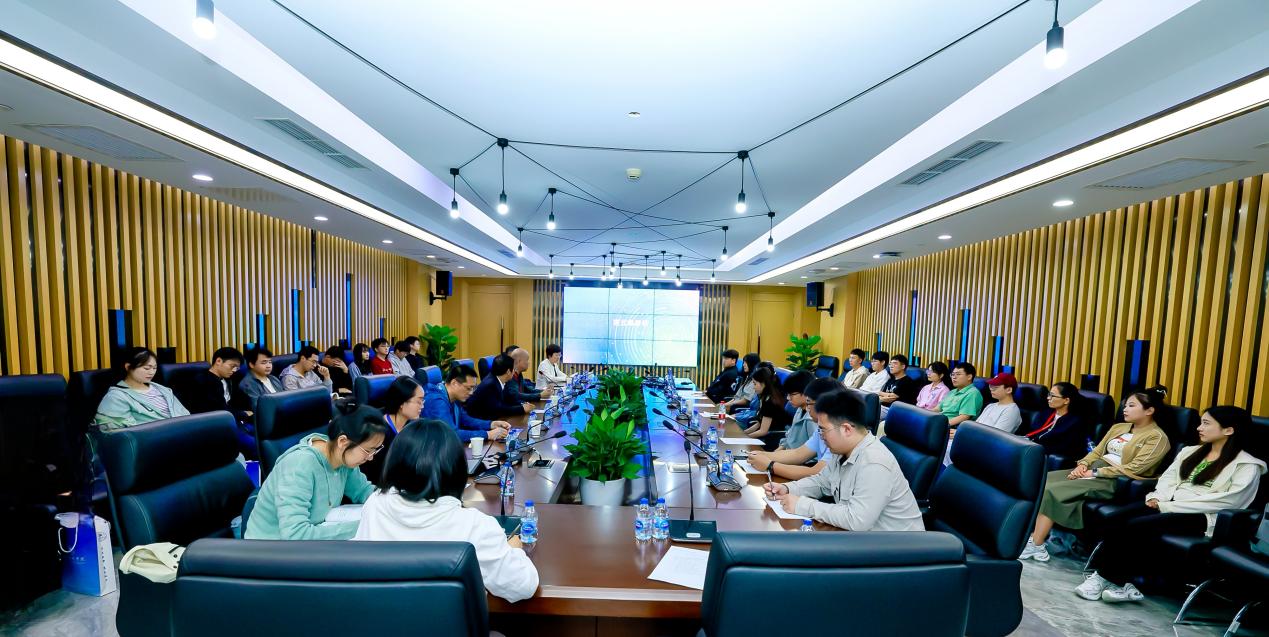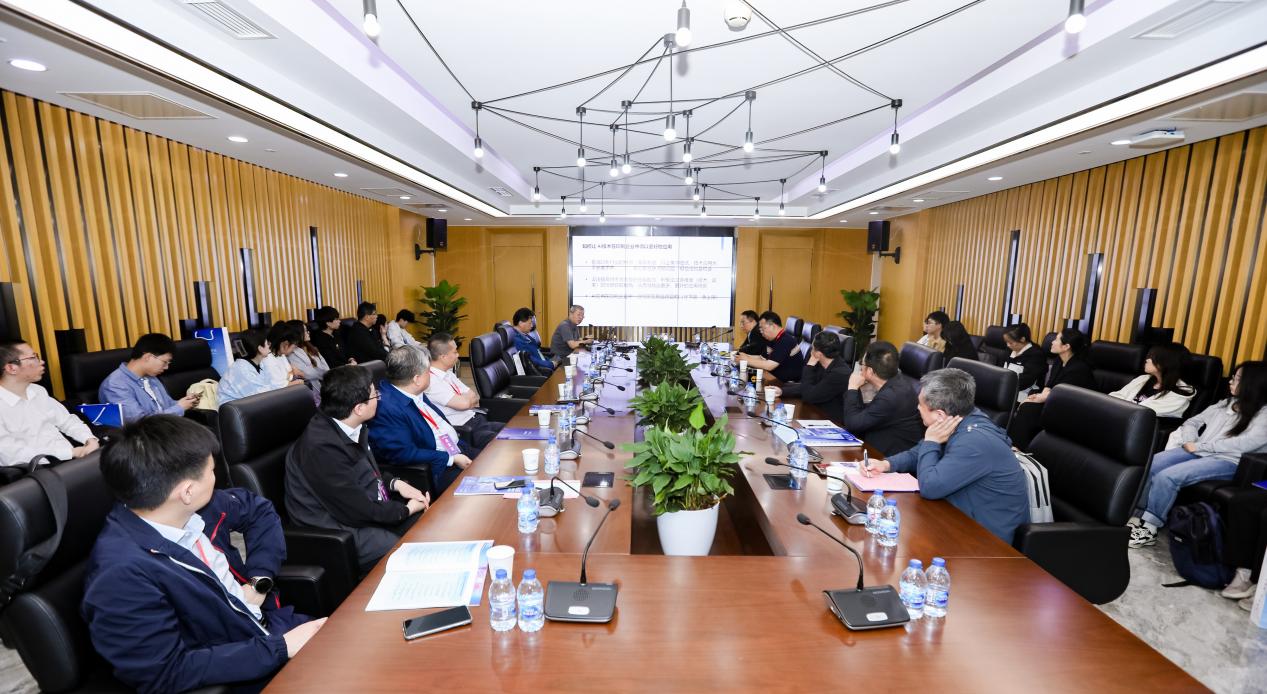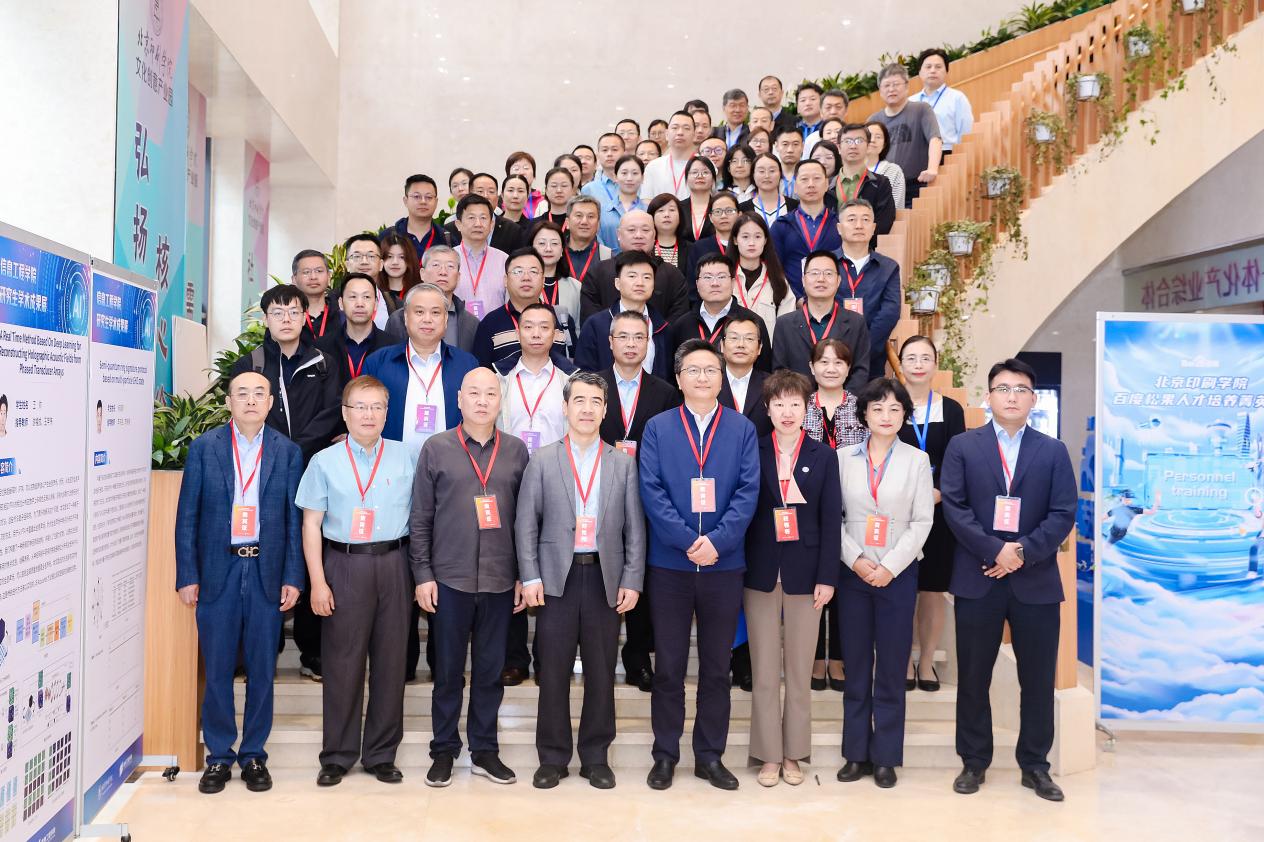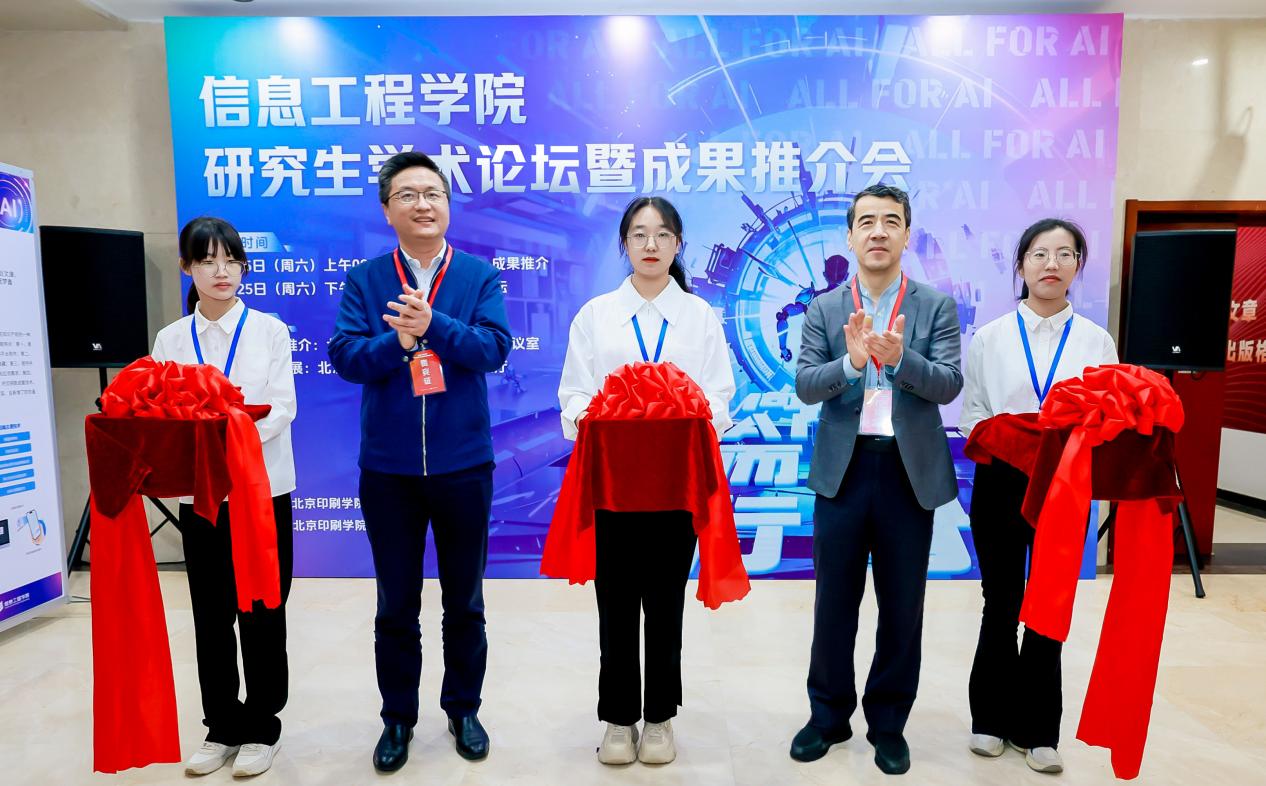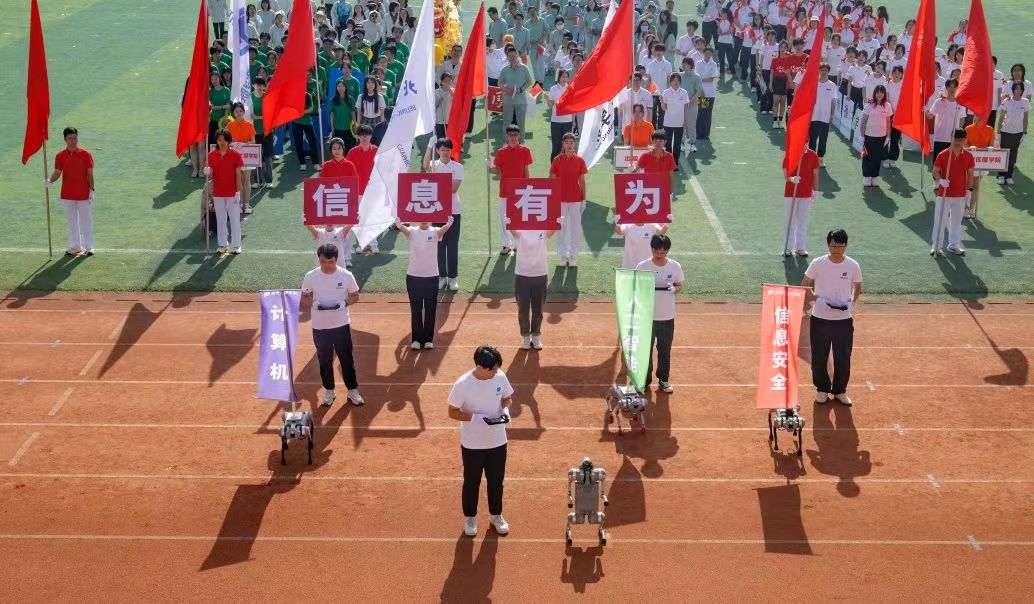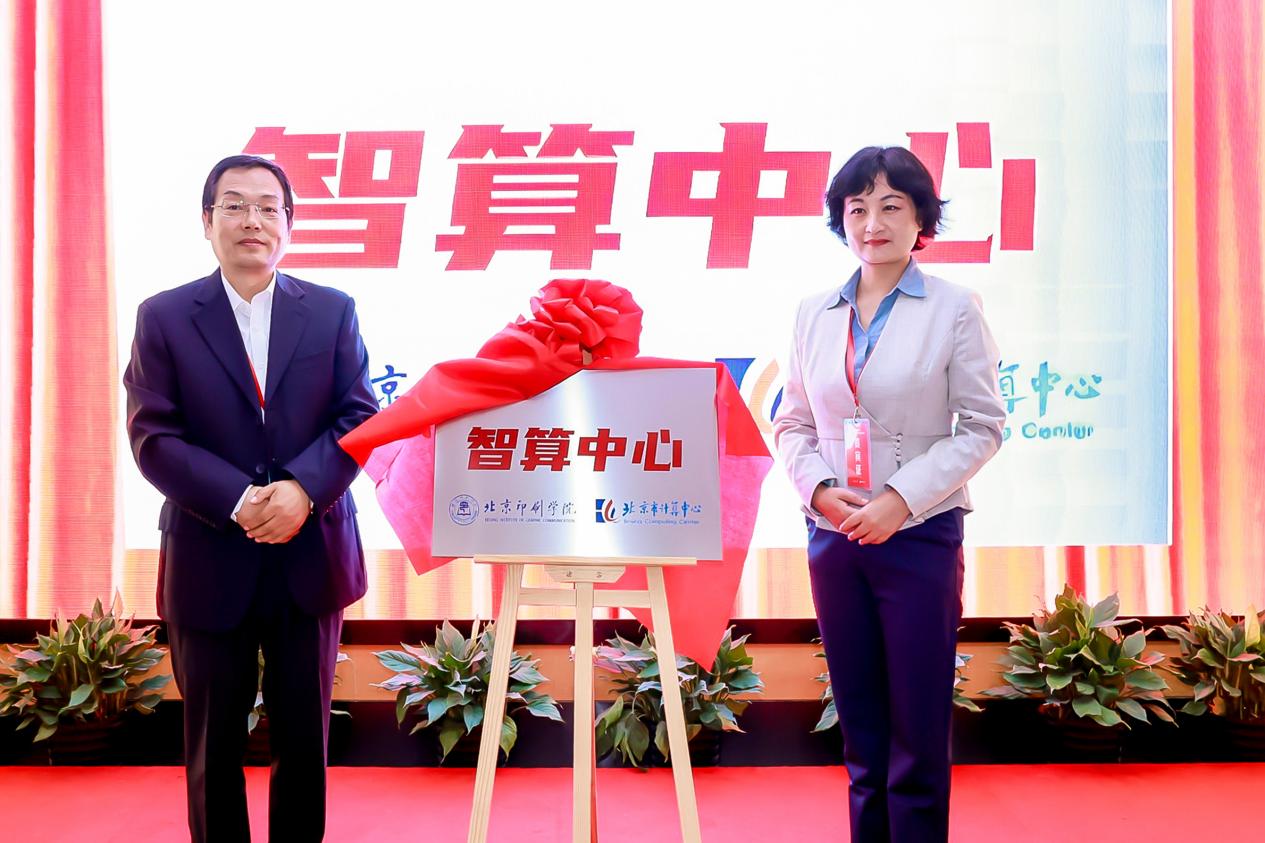2025-05-08
School of Information Engineering
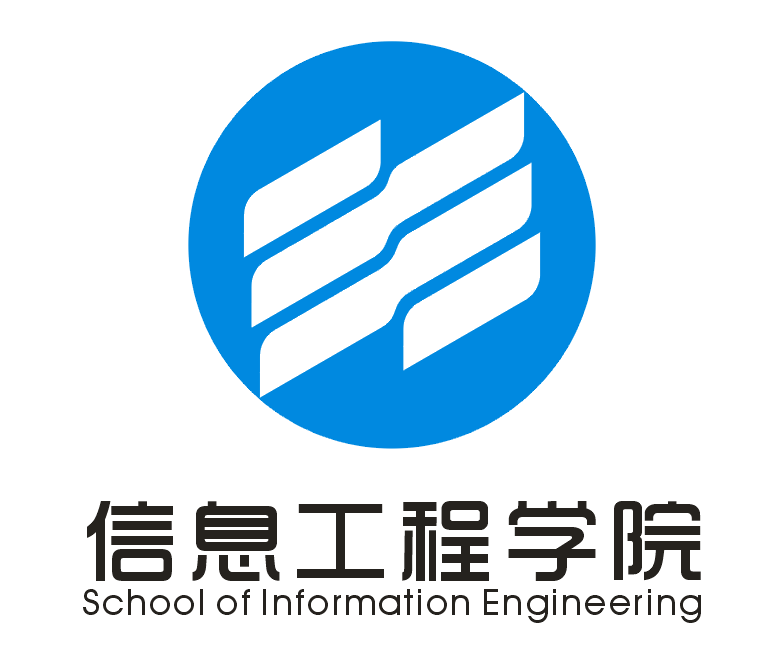
The School of Information Engineering offers three undergraduate programs: Computer Science and Technology, Information Security (with a focus on Digital Copyright Protection), and Intelligent Science and Technology. It is home to a Beijing Key Discipline in Signal and Information Processing and holds first-level master’s degree authorization in two disciplines: Information and Communication Engineering and Cyberspace Security, as well as a professional master’s program in Electronic Information. The School has established several high-level research and teaching platforms, including the Beijing Key Laboratory for Signal and Information Processing of High-End Printing Equipment, the Beijing Higher Education Engineering Research Center for Printing Equipment (jointly established), the Experimental Teaching Center for Intelligent Printing Equipment (jointly established), the Integrated Laboratory for Key Technologies in the Press and Publishing Sector (jointly established), and the Laboratory for Printed Media Data Asset Evaluation. It is also the founding and secretariat institution of the National Digital Media Technology Education Alliance.
The School has a strong faculty team, with 48 faculty and staff members, including 6 professors and 15 associate professors, and 29 holding doctoral degrees. It boasts a solid record of academic achievements, with 3 Beijing Municipal Academic Innovation Teams, 1 Great Wall Scholar of Beijing, 6 Outstanding Young and Middle-aged Backbone Teachers of Beijing, 2 Beijing Municipal Education Commission Young Talents, and 4 Outstanding Talents of BIGC. In addition, the School successfully brought in two Changjiang (Yangtze River) Scholars through flexible recruitment in 2010 and 2024.
Keeping pace with technological advancements in the printing, publishing, and media industries, as well as the economic development needs of Beijing, the School continuously strengthens its disciplinary development, talent cultivation, and research capabilities. It has achieved outstanding results in national and provincial key research projects, successfully overcoming several critical technical challenges within the industry. Students from the School have also excelled in various competitions, such as the National Robotics Competition, the NXP Cup Smart Car Competition, the China Postsecondary Computer Contest (CPCC), and the Ministry of Industry and Information Technology’s Lanqiao Cup Programming Contest. The School has produced a large number of high-caliber professionals for the industry and has achieved remarkable success in talent cultivation.
In terms of international exchange, the School has established close partnerships with universities such as Eastern Washington University, Salem State University, and Ball State University in the United States, carrying out academic exchanges and joint talent training programs. The School has launched a special China-U.S. Joint International Program in Computer Science, through which students can earn undergraduate diplomas and bachelor’s degrees from both Chinese and American universities within four years, significantly broadening their global perspective.
In the face of rapid advancements in artificial intelligence, big data, the Internet of Things (IoT), and intelligent robotics, the printing, publishing, and media industries are undergoing unprecedented opportunities for transformation and upgrading. The School of Information Engineering is keeping pace with the times and rising to the challenge, committed to driving the digitalization and intelligent development of the industry. The School aims to become a leading national and internationally recognized base for talent cultivation and research innovation, with a strong focus on cutting-edge areas such as big data for digital publishing, digital copyright protection, intelligent printing, and IoT engineering. Upholding the philosophy of cultivating interdisciplinary, application-oriented professionals, the School strives to meet the needs of national and regional economic development, promote sustainable progress in the industry, and contribute knowledge and strength to the advancement of society and the economy.
